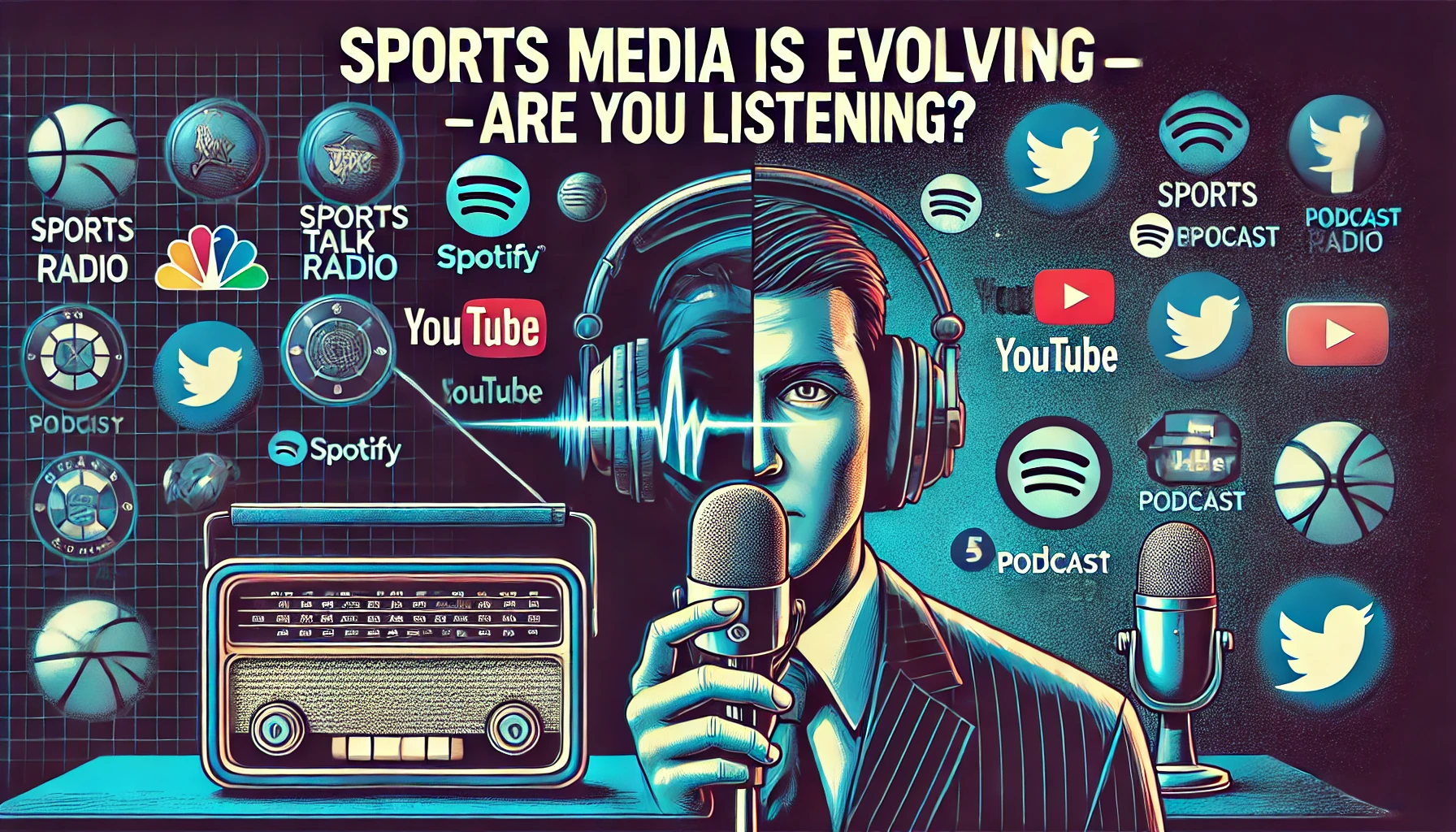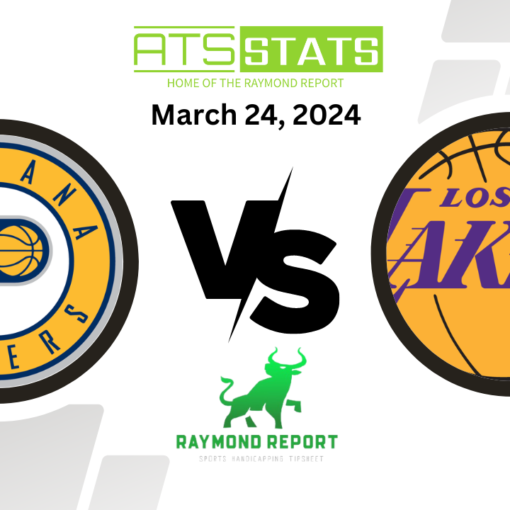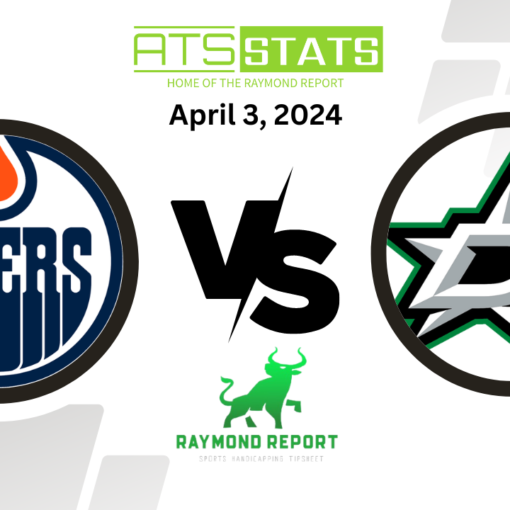For decades, sports talk radio was the go-to source for fans looking to stay connected to their favorite teams, debate the latest headlines, and get their daily dose of analysis. Whether it was a morning drive show or afternoon debates, radio hosts built loyal followings by delivering opinions, interviews, and interactive discussions.
But as media consumption evolves, a noticeable shift is happening. More and more fans—including myself—are gravitating away from traditional sports talk radio and toward podcasts, YouTube shows, and other digital platforms. This isn’t to say that sports talk radio is obsolete or that it doesn’t still have its place, but the way people consume sports content is undeniably changing.
Why the Shift?
- The Demand for Smart, Engaging Content
As a sports handicapper and someone who enjoys breaking down analytics, I find myself drawn to content that challenges my thinking, engages me mentally, and offers fresh perspectives. More often than not, I’m discovering that in well-produced podcasts rather than on traditional radio. Whether it’s an in-depth analysis, a unique take, or a strong blend of data and humor, podcasts seem to deliver more of what I’m looking for. - Time Efficiency and Flexibility
Today’s sports fans are busy. Long-form radio shows often span two to three hours, filled with ad breaks, repetitive debates, and caller interactions that may or may not add value. Podcasts, on the other hand, allow listeners to consume content on their terms—pausing, skipping, or speeding up as needed. Whether it’s a 20-minute deep dive or a one-hour roundtable, podcasts provide flexibility that fits into modern lifestyles. - On-Demand vs. Scheduled Listening
The world of content consumption has largely moved to an on-demand model. We stream shows when we want, listen to music on-demand, and now, sports content is following suit. Instead of tuning in at a set time for a live show, fans are opting for podcasts and YouTube channels where they can get the content they want when it fits their schedule. - More Independent Voices, Less Traditional Gatekeeping
One of the biggest draws of modern sports content is the rise of independent creators. Unlike traditional radio, where corporate influence and network agendas can shape discussions, many podcasts and digital shows are run by independent voices. This allows for more authentic, data-driven, and at times, unconventional takes that challenge mainstream narratives. - The Rise of Interactive Platforms
Platforms like Twitter Spaces, YouTube livestreams, and Patreon-exclusive content have opened up a new level of fan engagement. Unlike radio, where listener interaction is limited to call-ins or texts that might not make it on air, digital platforms allow for real-time discussion, Q&A sessions, and direct interaction between content creators and their audience.
Where Does Sports Talk Radio Go From Here?
While it’s clear that the media landscape is evolving, sports talk radio isn’t disappearing overnight. There’s still an audience for live discussion, especially among traditionalists who enjoy the routine of turning on their favorite hosts during their commute. However, to stay relevant, radio may need to adapt by integrating digital-first strategies, shortening segments, and embracing more interactive formats.
The shift to podcasts and digital platforms isn’t about rejecting radio—it’s about evolution. Fans today want content that is engaging, informative, and available on their terms. As someone who spends a lot of time analyzing sports, betting trends, and market movements, I’ve simply found that podcasts and on-demand content offer a more tailored experience for the way I (and many others) consume information today.
The future of sports media is heading toward personalization, efficiency, and smarter content. It’s an exciting time for sports fans because, more than ever, they have the power to choose exactly how, when, and from whom they get their information.
What’s your go-to source for sports analysis? Are you finding yourself shifting toward podcasts and YouTube, or do you still enjoy the classic radio format? Let me know your thoughts!





